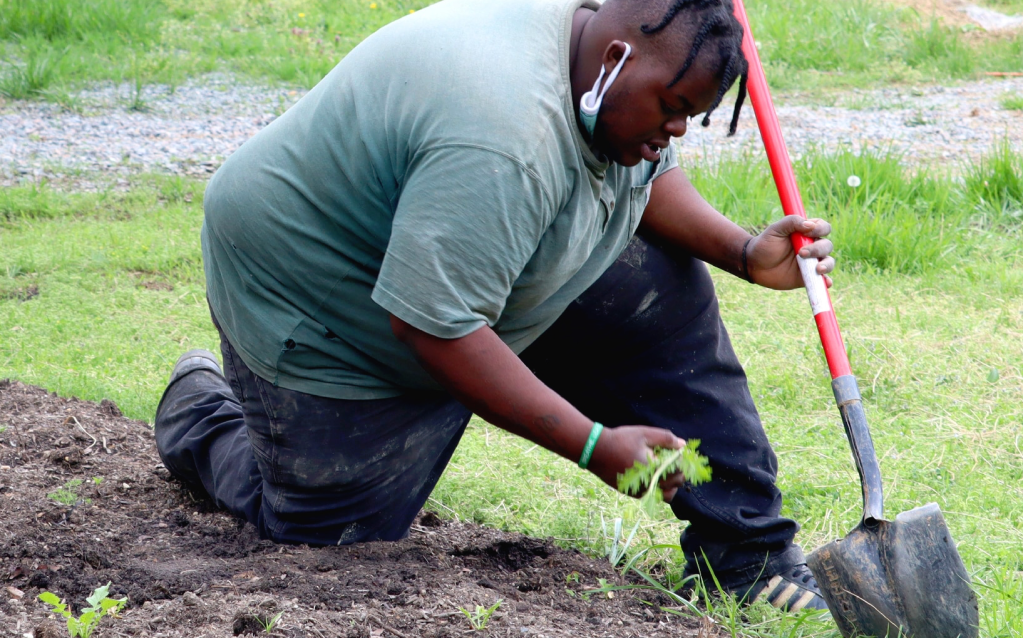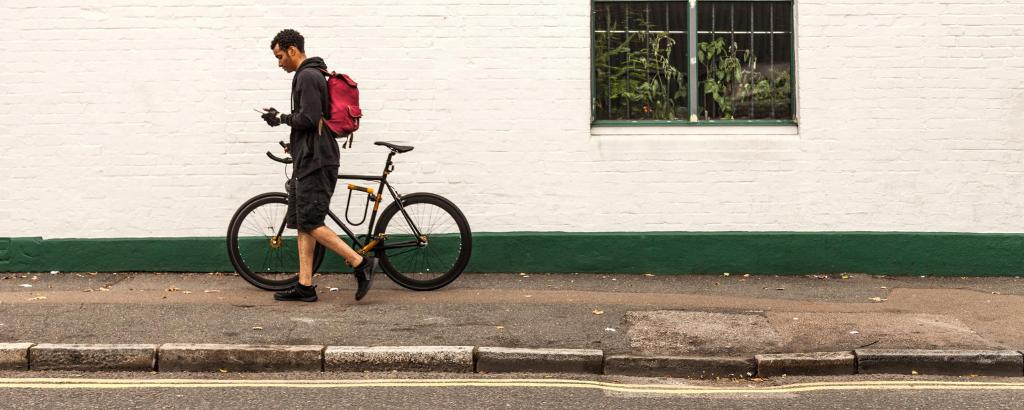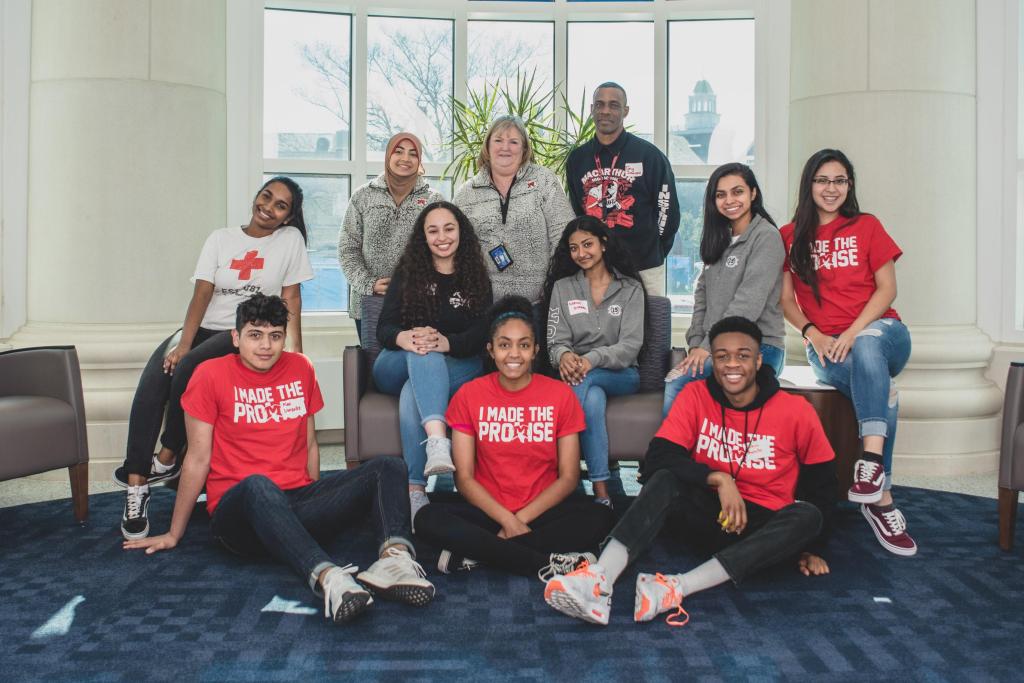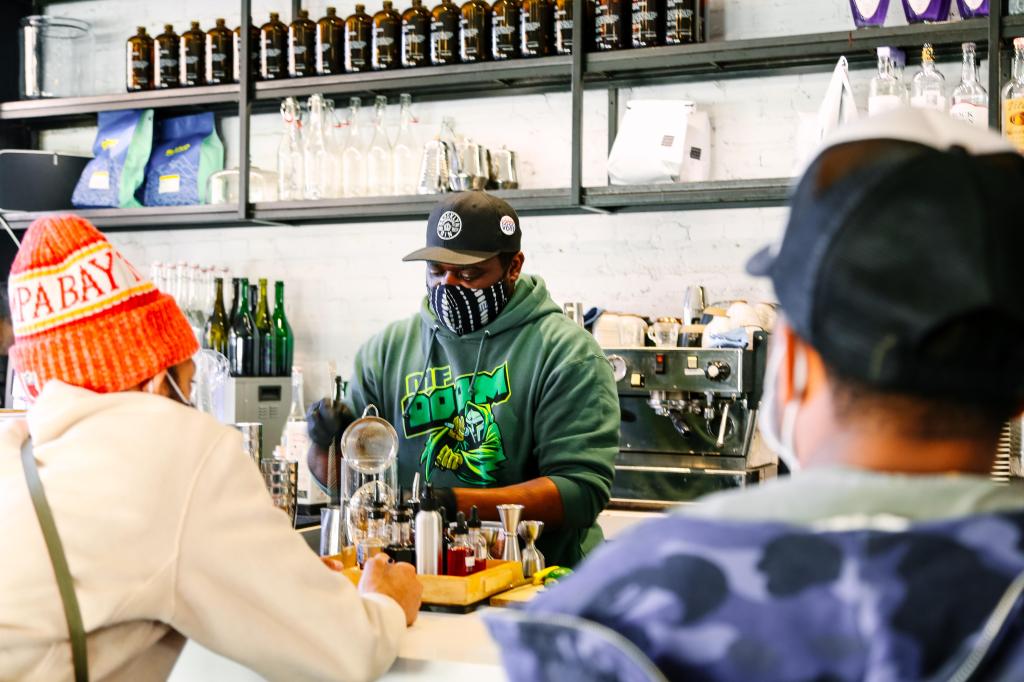We and other personal finance experts have long talked about the financial challenges of the LGBTQ+ community. That includes access to equal housing, services protections and wage inequality because of one’s sexual orientation or gender identity.
While those protections would be included in the Equality Act, legislation remains pending in Congress.
To be fair, the LGBTQ+ community has made significant progress over the last several years. The two most notable being the Supreme Court’s 2015 ruling to ensure marriage equality and 2020 decision to ban employment discrimination based on sexual orientation or gender identity. That progress has continued with the current administration, as President Joe Biden recently signed executive orders protecting LGBTQ people from housing and services discrimination.
The LGBTQ+ community faces a unique set of financial challenges that are preventing equal opportunity for all.
Let’s break down some of the obstacles confronting members of the LGBTQ+ community.
Queer people are often expected to pay more
One LGBTQ+ financial challenge is the expectations — and misconception — that LGBTQ people can or should pay more because we don’t have kids. While 15% of LGBTQ people have kids — compared to 38% of opposite-sex couples — it’s not a cause for LGBTQ people having more money.
In fact, because of wage inequality for people in the LGBTQ community, having fewer opportunities for career advancement and in many cases needing the physical and emotional safety that comes with living in an LGBTQ-friendly city (many of which often have high costs of living), it’s likely that your LGBTQ+ sibling or friend doesn’t have as much financial security as their straight counterparts.
This is why we didn’t travel for the holidays for three years while paying off credit card debt. Adding $800 to $1,000 in plane tickets to the credit cards we were working hard to pay off didn’t make sense. Yet, our families never offered to come to where we lived for a holiday and foot the travel expenses.
A similar situation arises when caring for aging parents. LGBTQ folks are more likely to be asked to care for aging parents, which is backed by a 2010 MetLife study. This increases the financial burdens and restricts the savings opportunities for LGBTQ folks.
Queer people, especially gay men, struggle with the ‘hysteresis effect’
There’s also the lingering consequence of the HIV/AIDS epidemic on the LGBTQ community, specifically for gay men.
As Paul Donovan said on Queer Money® episode 252 about his book, Profit and Prejudice: The Luddites of the Fourth Industrial Revolution, that then created a hysteresis effect.
The hysteresis effect occurs when a singular event has an economic effect that lasts even after the initial event no longer exists.
Of course, we’re still fighting HIV/AIDS. But we know more and have more resources to fight HIV/AIDS and it’s no longer the death sentence it once was. A lingering economic effect for many LGBTQ+ people is “an unhealthy short-term view when it comes to finances,” according to Donovan.
Our struggle with the hysteresis effect is one reason we got into $51,00 in credit card debt. We had a myopic view of what being successful was and spent accordingly.
The consequences compound on the challenges above and the many LGBTQ+ financial challenges about which we and many others have written. For example, LGBTQ+ people have smaller emergency savings accounts, less in retirement savings and more in debt than the general population, according to Student Loan Hero.
How to overcome those challenges
Get clear and become committed to your life and money goals
There are a lot of emotions tied to money. We attach our self-worth and value to money. We sometimes feel guilty that we have money while we also sometimes feel guilty that we don’t have enough money. If we’re letting family or loved ones guilt us into paying for what we can’t afford, paying more than our fair share, or risking our financial security, we likely have emotional reasons, such as the need to please, to cause that.
This is just one reason why it’s important for LGBTQ+ folks to get crystal clear on what matters most to us. We must figure out what we want our lives to look like and what we want to achieve, then architect our lives to reach those goals. That includes financing. If being helpful, giving or being charitable is one of our goals, we can include that in our life and financial plans.
If we have fewer resources at hand, then being clear on the one or two things we most want to achieve in life can help us efficiently spend our money and have money left over to help the people we care about or to meet our obligations.
Let’s be hopeful (and intentional) about our future
As Dr. Martin Luther King, Jr. famously said, “the arch of the moral universe is long and bends toward justice”.
There’s no doubt it’s bending toward justice in the LGBTQ+ community. The solution is that we must recognize that.
This means that while we live our best lives today, we must consider our long-term financial security and the lives we want to live when we’re older. To be clear, living our best lives today and having financial well-being to live our best lives in the future aren’t mutually exclusive.

It’s by talking with our friends and family about money, working with a Money Coach at a Capital One Café or other financial planner to recognize what matters most to us today and what we want in the future.
It’s for these challenges and opportunities that we’re strong advocates for LGBTQ+ financial independence and why we’re proud to partner with Capital One. Though people have nuanced backgrounds, Capital One believes, as we do, that finances should work for everyone. That’s why Capital One supports LGBTQ+ communities facing unique economic hardships through both products and programs supporting our needs.
































